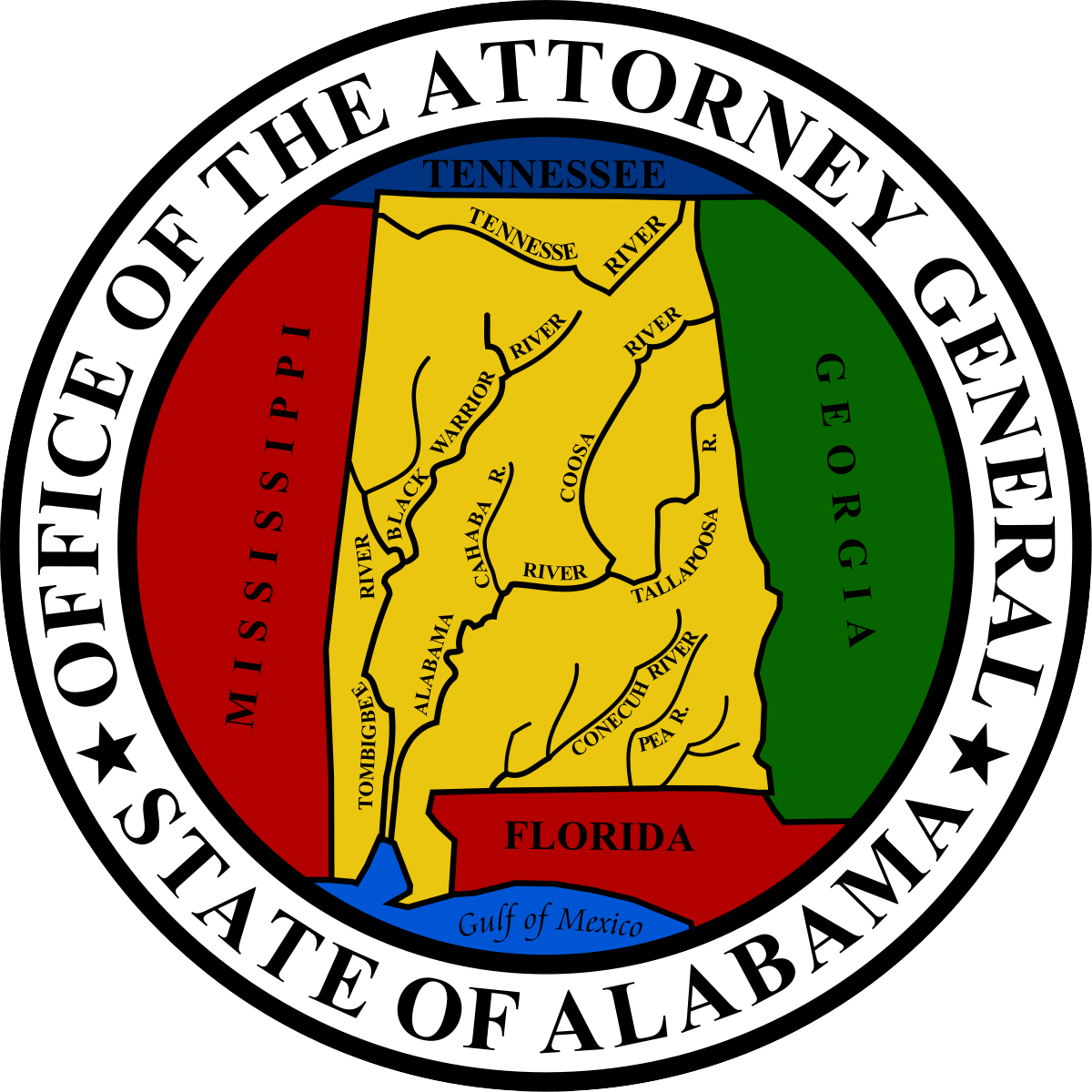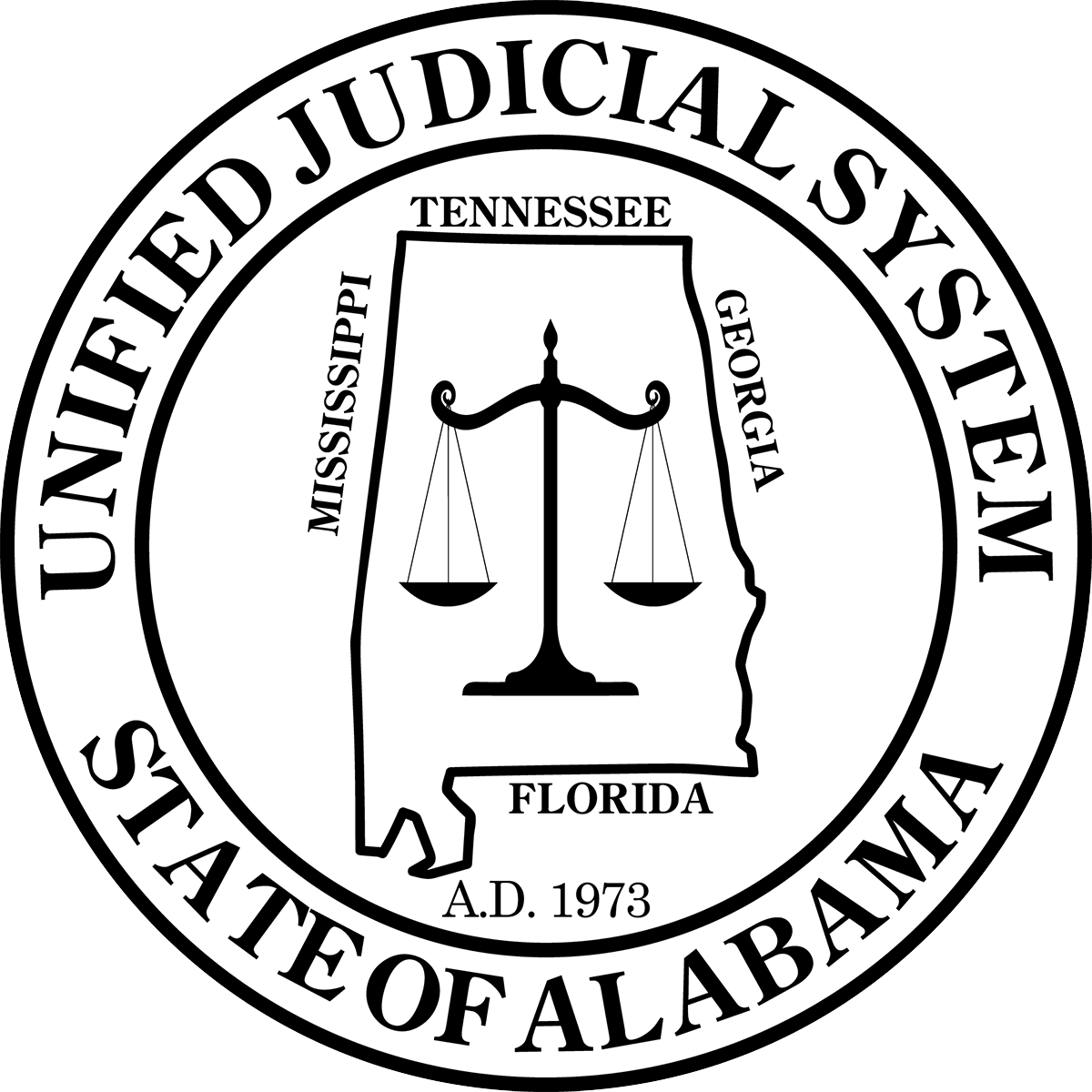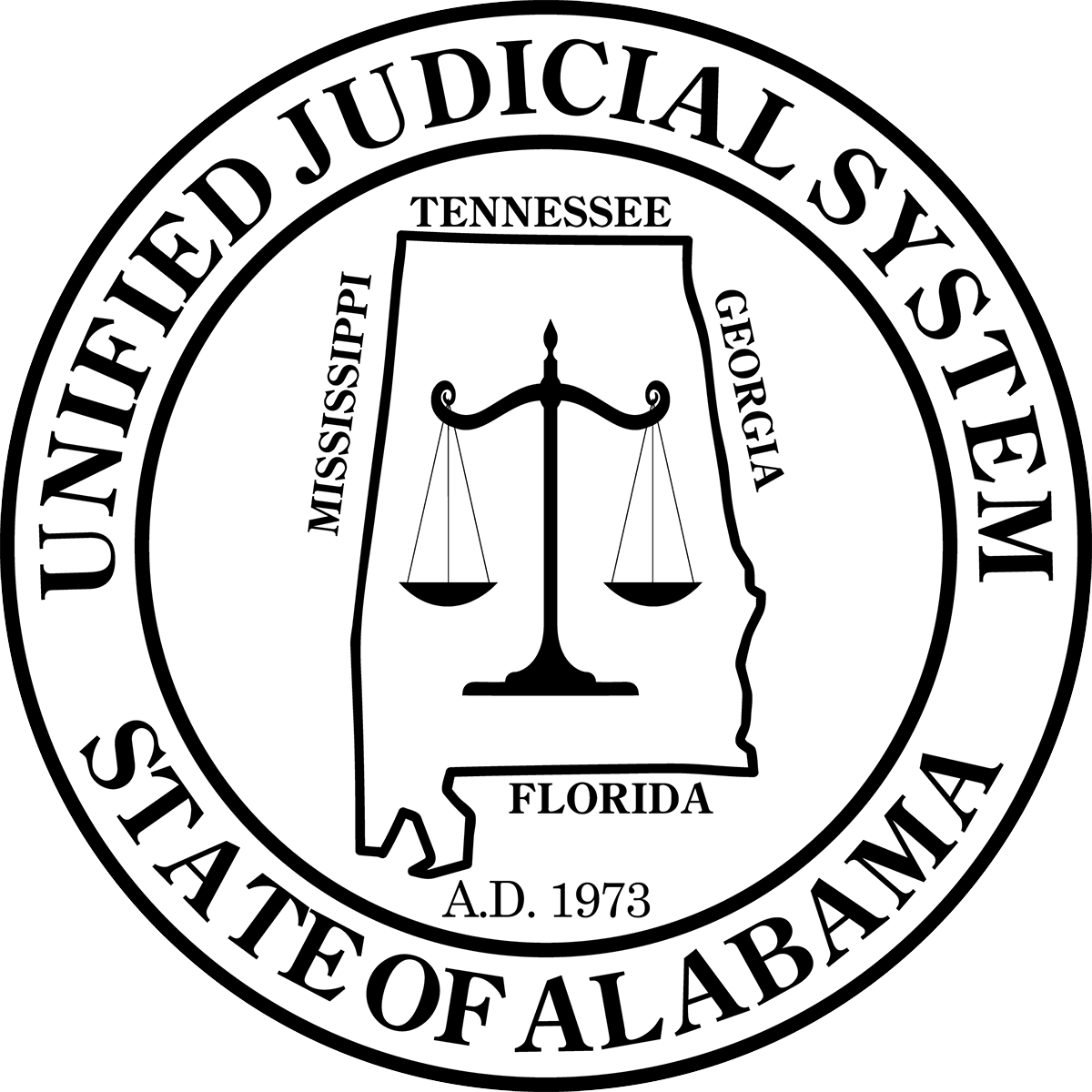Alabama Legislature - The Alabama Legislature is the state's legislative body, consisting of two chambers: the House of Representatives and the Senate. The House comprises 105 members serving four-year terms, while the Senate consists of 35 members with staggered, four-year terms. The Legislature's primary responsibilities include creating and passing laws that govern the state, levying taxes, allocating state funds, and regulating public policies. Additionally, the Legislature is instrumental in the state's budgetary process, determining how state funds are distributed among various programs and initiatives.











